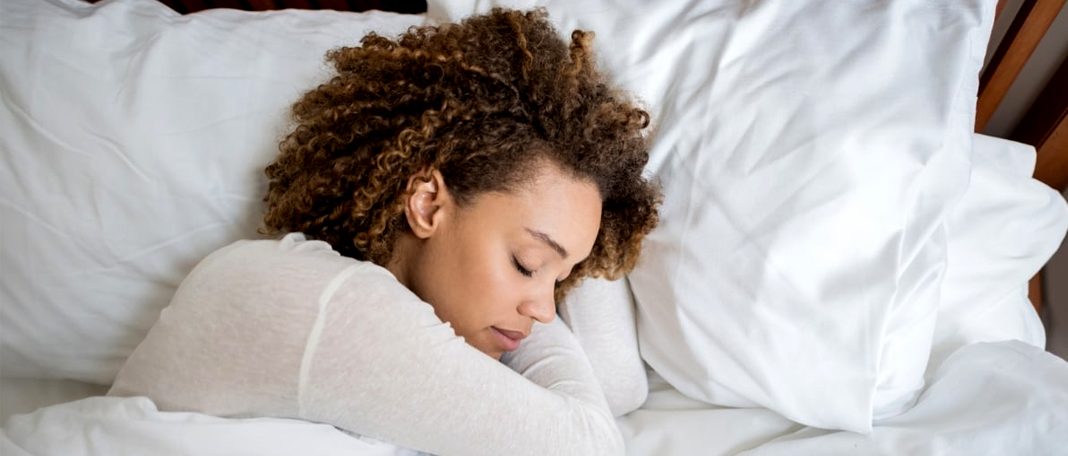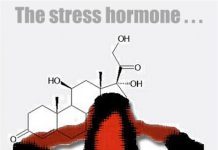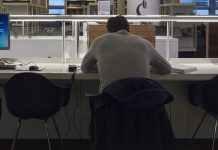Researchers have found that sleep-deprived people cannot benefit from naps between work and school. Find out prevention and treatment for sleep deprivation now.
How Much Sleep Do I Need?
According to the National Sleep Foundation (NSF), individuals above 20 years of age should get around 7 to 9 hours of sleep while people above 65 years of age should get around 7 to 8 hours of sleep, and children/teens require 8 to 10 hours of sleep. Doctors also suggest that sleeping before 11 is a healthier practice because each hour you lose after 11 needs to be compensated by an extra 3 hours of sleep in the morning. These hours can increase if you are a “Long Sleeper” and from person to person.
Sleep Deprivation Meaning
What is sleep deprivation? When individuals don’t get enough sleep to feel refreshed and energized for the next day is known as sleep deprivation. Acute sleep deprivation can cause far more damages to the human mind than the human body.
What Causes Sleep Deprivation?
Sleep deprivation can occur at any age and is usually caused by:
Lack of sleep (35% of adults, 73% high-schoolers, 58% of middle-schoolers have reported being sleep-deprived in the U.S. as per the NSF.)
- Improper sleeping habits
- Constant jet lag
- Ailments like insomnia, sleep apnea, breathing problems, ADHD, autism, and restless leg syndrome.
- Usage of medication and drugs that can tamper with sleep routines.
Symptoms of Sleep-Deprivation
The early symptoms are:
- Consistent yawning
- Feeling sleepy the entire day
- Fatigue
- Irritation and anger
These dangerous symptoms call for immediate attention
- Compromised immunity
- Psychological symptoms like anxiety, depression, stress, suicidal thoughts, etc.
- Low sex drive and libido
- Diabetes and High BP
- Heart attack or stroke
Can Sleep-Deprived People Benefit from Naps?
That’s the million-dollar question researchers have been trying to answer so far. Infants and babies need around 14 to 17 hours of sleep each day and naps are included in this but unfortunately, this does not apply to adults.
Director of the Sleep and Learning Lab, and associate professor of Michigan State University, Kimberly Fenn, and her team have found that no matter how refreshed a person feels after a short nap in the afternoon or at any point during the day, the damages caused by sleep deprivation are inescapable.
What Does the Study Prove?
The study consisted of 275 college students divided into 3 groups. The students were asked to perform cognitive tasks before arriving for the study, the first group was immediately sent home for sleeping, the second group had a short 30 to 60-minute nap in between the entire night. The third group was not allowed to sleep the entire night and was asked to take up normal measures such as staying online, drinking coffee, and walking around to remain awake.
The next morning, the students were given another cognitive task to measure the side effects of sleep deprivation, attention span, ability to understand, and more. It was found that the second and third groups performed equally worse in comparison to the first group.
But Fenn added that, though the second group that took naps didn’t perform well, the physical side effects of not getting enough sleep were lower than the group that went without naps.
Slow-wave sleep, or SWS, is the deepest and most analeptic stage of sleep. It is low-frequency brain waves, marked by high amplitude. It is the stage when you are most relaxed; your muscles, heart rate, and respiration are at ease.
Treatment for Sleep-Deprived People
Sleep deprivation consumes a lot of time to return back to normal. Here a few steps that can ease early sleep deprivation:
- Meditation
- Reduced screen time before going to bed
- Sleeping pills prescribed by your doctor
- Therapy
- Relaxation
Fenn says, treating sleep deprivation in individuals such as surgeons, drivers, and police officers could potentially save more lives. She added that though naps help they are no match to a good night’s rest in any form. While total sleep deprivation can be harmful, taking short naps can push the side effects of sleepness aside for a few more years.


















